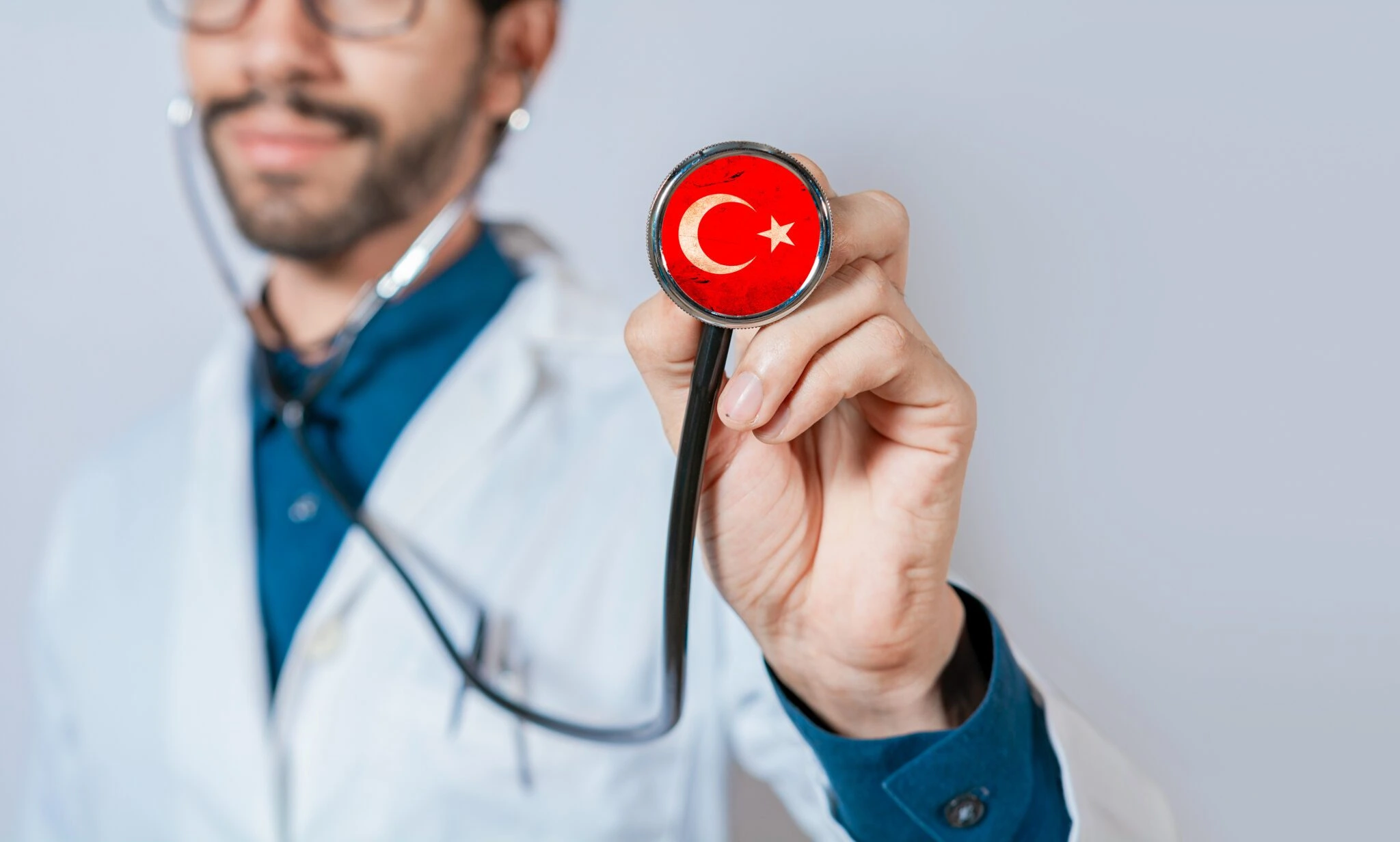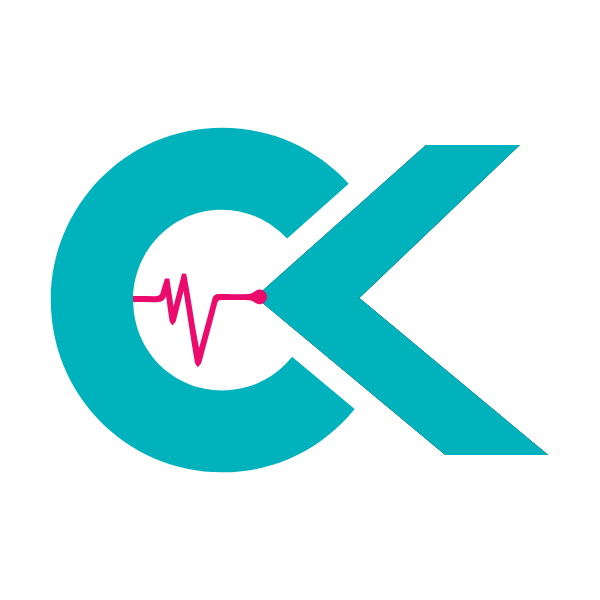Turkey has emerged as a prominent global destination for medical tourism, attracting patients from around the world with its advanced facilities and competitive pricing. This burgeoning industry offers a wide array of treatments, from cosmetic surgery to complex medical procedures. However, the sheer volume of available clinics can be overwhelming for prospective patients seeking quality care. Identifying a trustworthy clinic amidst this vast landscape requires a meticulous approach, moving beyond surface-level claims. Research consistently demonstrates that verified accreditation and transparent patient testimonials are crucial indicators of reliability. Patients frequently cite concerns regarding quality assurance and ethical practices. Therefore, understanding the established frameworks for evaluating medical providers becomes paramount. This guide provides an evidence-based approach to navigating the Turkish healthcare system, focusing on key criteria that distinguish reputable institutions. It addresses the essential steps for verifying credentials and ensuring a safe, effective medical journey.
Table of Contents
Is a Turkish Clinic Safe? A Guide to Checking Credentials and Accreditations
Turkish healthcare facilities maintain rigorous safety standards through comprehensive accreditation systems and regulatory oversight. Understanding how to verify these credentials ensures patients receive quality care during their medical journey.
Key indicators demonstrate how to choose a reliable clinic in Turkey and establish trustworthiness:
- International accreditation status from organizations like Joint Commission International (JCI) or ISO certifications
- Licensed medical professionals with verifiable qualifications from recognized institutions
- State-of-the-art sterilization protocols and infection control measures
- Transparent pricing structures with detailed treatment breakdowns
- Modern surgical equipment and advanced diagnostic technologies
- Comprehensive patient safety protocols and emergency response systems
Turkey’s medical facilities undergo stringent evaluation processes to maintain their operational licenses. These expert tips for choosing a clinic turkey emphasize the importance of systematic verification.
Step-by-Step Verification Process
- Check Ministry of Health registration through the official Turkish healthcare database
- Verify international certifications by cross-referencing accreditation body websites
- Confirm surgeon credentials through Turkish Medical Association records
- Review facility licenses including operating permits and specialized treatment authorizations
- Validate insurance partnerships with major international providers
- Examine compliance records for quality management systems
Turkish medical tourism has established exceptional standards across various specialties. Patients seeking gastric sleeve surgery, dental treatments, eye procedures, or plastic surgery find comprehensive care options throughout the country.
Antalya leads Turkey’s medical tourism sector, combining world-class healthcare with exceptional patient experiences. The city’s strategic position attracts patients from across Europe and beyond, offering specialized treatment centers alongside renowned tourist attractions.
Accreditation Bodies and Standards
Turkish healthcare facilities collaborate with multiple international organizations to maintain quality benchmarks. The Turkish Standards Institution (TSE) oversees domestic certification processes, while international bodies provide additional validation layers.
CK Health Turkey exemplifies excellence in patient care, establishing a distinguished reputation across Turkey and Europe through outstanding patient satisfaction rates, surgical success, and comprehensive quality approaches. This trusted clinic in Turkey demonstrates how proper accreditation translates into superior patient outcomes.
Healthcare facilities displaying multiple certifications typically invest significantly in staff training, equipment maintenance, and continuous improvement programs. These investments directly benefit patients through enhanced safety protocols and treatment effectiveness.
Modern Turkish clinics integrate advanced technologies with traditional hospitality, creating environments where patients feel secure throughout their medical procedures.
How to Properly Research and Vet Your Turkish Doctor Before You Go
Thoroughly vetting your chosen surgeon requires a systematic approach that encompasses multiple verification methods. Our experience working with hundreds of patients has demonstrated that comprehensive research significantly reduces treatment risks and improves satisfaction rates.
- Verify Medical Credentials and Board Certifications
- Check the Turkish Medical Association database for active medical licenses
- Confirm specialty board certifications relevant to your specific procedure
- Verify international training programs or fellowships completed
- Review published research papers or medical journal contributions
- Conduct Comprehensive Online Research
- Examine the surgeon’s professional website for detailed qualifications
- Search medical databases like PubMed for published studies
- Review LinkedIn profiles for educational background and professional connections
- Cross-reference information across multiple official sources
- Schedule Virtual Consultations
- Arrange video calls to assess communication skills and professionalism
- Evaluate the surgeon’s willingness to answer detailed questions
- Observe the medical facility’s technology and environment during virtual tours
- Request to speak with previous international patients
- Submit Medical Records for Professional Review
- Provide comprehensive medical history and diagnostic reports
- Request detailed treatment plans with alternative options
- Ask for expected recovery timelines and potential complications
- Obtain second opinions from independent Turkish medical professionals
Key questions to address during consultations include surgical experience with your specific condition, complication rates, revision surgery policies, and post-operative care protocols. Reputable surgeons provide transparent answerswith supporting documentation.
Additional verification involves checking hospital affiliations, particularly with JCI-accredited facilities that maintain international standards. Review surgical volume data, as surgeons performing higher numbers of specific procedures typically demonstrate better outcomes.
Documentation requirements include requesting copies of medical licenses, malpractice insurance certificates, and detailed cost breakdowns. Legitimate practitioners welcome thorough scrutiny and provide comprehensive information without hesitation.
Professional medical tourism consultants can facilitate this research process by providing verified surgeon databases, coordinating virtual consultations, and ensuring all documentation meets international standards. This systematic approach protects patients while identifying the most qualified medical professionals for successful treatment outcomes. One of the key players in this field is the Trusted Clinic Selection Turkey, which offers an answer to the question: how do I find a trusted clinic in Turkey? By leveraging their expertise, patients can confidently navigate the complexities of international medical care.
How to Spot a Bad Clinic in Turkey: Real Patient Reviews and Red Flags
Distinguishing quality medical facilities from substandard ones requires careful evaluation of specific warning signs and patient feedback patterns. Understanding these indicators protects patients from poor treatment outcomes and financial losses.
Evaluating Real Patient Reviews and Testimonials
Patient reviews turkey clinics provide crucial insights into treatment quality and clinic operations. Examining these testimonials systematically helps identify potential issues before making medical decisions.
- Cross-reference reviews across multiple platforms including Google, Trustpilot, and medical tourism forums to verify consistency in patient experiences
- Look for detailed accounts that mention specific procedures, recovery timelines, and post-operative complications rather than vague positive statements
- Identify patterns in negative feedback, particularly regarding infection rates, unexpected costs, or inadequate aftercare services
- Verify reviewer authenticity by checking profile histories and avoiding clinics with predominantly new or generic accounts
- Pay attention to reviews mentioning communication barriers, rushed consultations, or pressure to undergo additional procedures
- Focus on recent testimonials from the past 12-24 months, as clinic standards and staff can change significantly over time
Warning Signs: Low Prices, High-Pressure Sales, and Poor Follow-Up
When searching for top clinics in Turkey, several red flags indicate potentially problematic facilities that compromise patient safety and treatment quality.
- Unrealistically low pricing that falls significantly below market averages often indicates corners being cut in sterilization, equipment quality, or surgeon expertise
- Aggressive sales tactics including limited-time offers, immediate payment demands, or reluctance to provide detailed treatment plans and cost breakdowns
- Lack of comprehensive consultation processes where clinics rush patients into procedures without thorough medical evaluations or cooling-off periods
- Inadequate follow-up care protocols, particularly absence of post-operative monitoring schedules or emergency contact procedures for complications
- Unwillingness to provide references from previous international patients or resistance to facility tours and surgeon meetings
- Missing or expired medical equipment certifications, outdated facilities, or staff unable to communicate effectively in English
To find a reputable clinic in Turkey, patients must prioritize facilities demonstrating transparent pricing structures, comprehensive aftercare programs, and consistent positive patient outcomes across multiple review platforms.
The Role of Medical Tourism Agencies: Benefits and Potential Risks
Medical tourism agencies serve as intermediaries connecting international patients with healthcare providers worldwide. These organizations facilitate cross-border medical travel by offering comprehensive service packages that streamline the complex process of seeking treatment abroad.
Key Benefits of Medical Tourism Services
Professional medical tourism agencies provide substantial advantages for international patients navigating foreign healthcare systems:
- Language barrier elimination through certified medical interpreters and multilingual staff
- Comprehensive logistical coordination including visa assistance, accommodation booking, and transportation arrangements
- Pre-screened healthcare provider networks featuring accredited hospitals and qualified medical professionals
- Cost transparency with detailed treatment quotations and financial planning support
- Post-treatment follow-up services ensuring continuity of care
- 24/7 patient support throughout the entire medical journey
These facilitators significantly reduce the administrative burden on patients while ensuring access to quality healthcare services in unfamiliar environments.
Comparative Analysis of Agency Services
The following table outlines essential characteristics to evaluate when selecting medical tourism agencies:
| Service Category | Reputable Agencies | Potential Risk Indicators |
|---|---|---|
| Fee Structure | Transparent pricing with detailed breakdowns | Hidden costs or upfront payments only |
| Healthcare Networks | Internationally accredited facilities | Limited or undisclosed provider information |
| Patient Support | Comprehensive pre and post-treatment care | Minimal follow-up services |
| Communication | Regular updates and accessible contact methods | Poor responsiveness or language barriers |
Potential Risks and Considerations
Despite the benefits, medical tourism agencies present certain risks that require careful evaluation. Financial conflicts of interest may arise when agencies receive commissions from healthcare providers, potentially influencing their recommendations. Some organizations prioritize profit margins over patient welfare, leading to suboptimal treatment outcomes.
Inadequate vetting procedures by agencies can result in partnerships with unqualified medical facilities or practitioners. Insurance coverage complications frequently emerge when patients encounter unexpected medical complications abroad, leaving them financially vulnerable.
The medical tourism industry continues evolving with increased regulatory oversight and standardization efforts. Patients benefit most when they thoroughly research agency credentials, verify healthcare provider qualifications independently, and maintain realistic expectations about treatment outcomes and associated costs.




